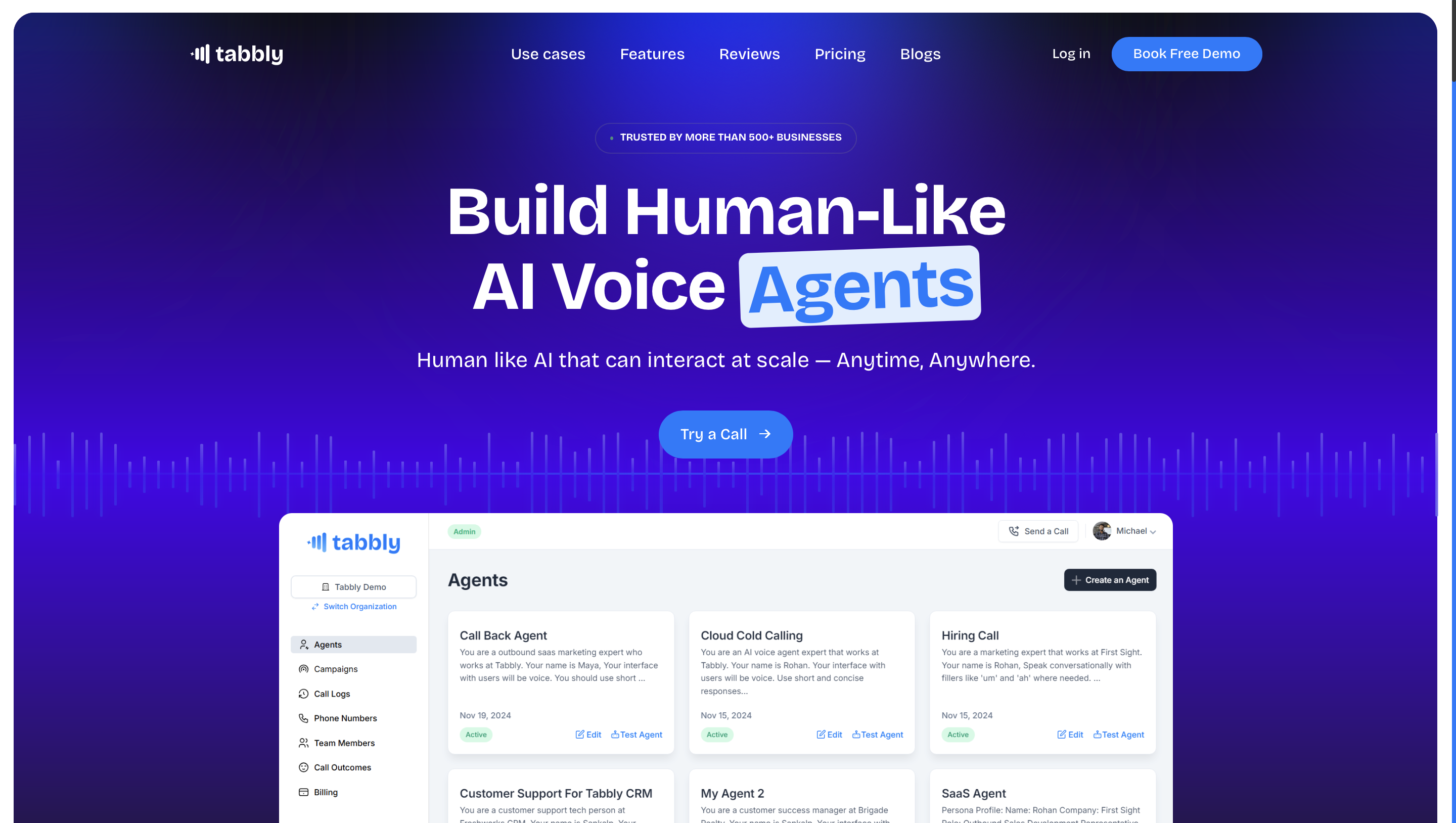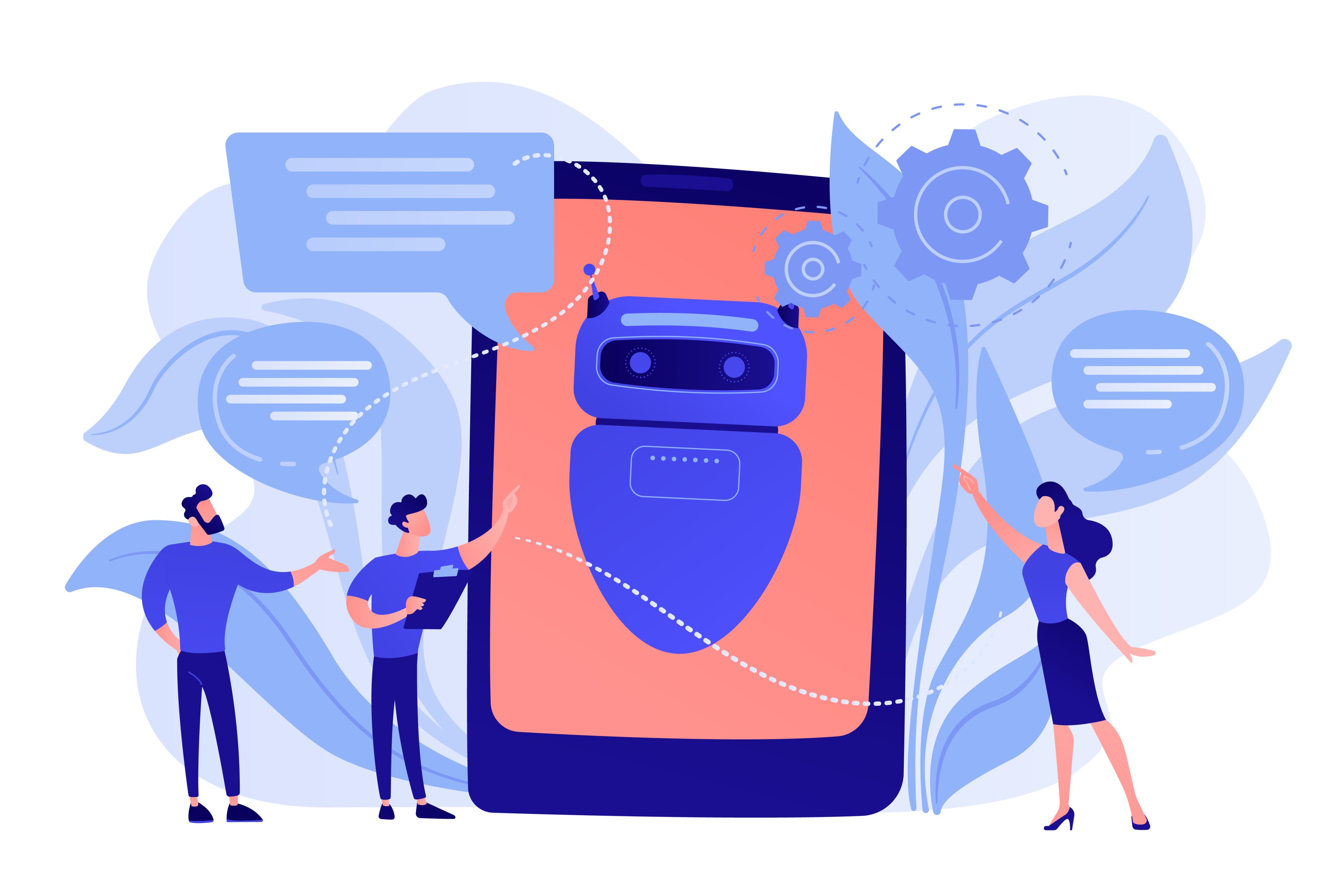Debt collection is a high-stakes game where emotions run hot and complaints are par for the course. Debtors might grumble about relentless calls, dispute the amount owed, or lash out over perceived rudeness. For decades, human agents have navigated these choppy waters, armed with patience and persuasion. But now, AI voice agents—powered by cutting-edge natural language processing (NLP), machine learning, and voice synthesis—are stepping into the ring. Businesses are buzzing about their potential, but skepticism lingers: Can these digital voices really handle the messy, unpredictable world of debtor complaints? Let’s unpack the reality, weigh the pros and cons, and cut through the hype to reveal what businesses in debt collection truly need to know.
The Evolution of AI Voice Agents in Debt Collection
AI voice agents aren’t the robotic, monotone dialers of the past. Today’s versions, like those developed by companies such as Synthesia or powered by platforms like Amazon Lex, can hold natural conversations, detect tone, and adapt on the fly. In debt collection AI, they’re being deployed to initiate AI call center solutions, negotiate repayment plans, and—crucially—respond to debtor feedback. A 2023 report from Gartner predicted that by 2026, 40% of customer-facing roles, including debt collection AI, will leverage AI-driven voice interactions. But complaints are a unique challenge. They demand not just technical precision but emotional intelligence, quick thinking, and credibility—areas where AI’s capabilities are put to the test.
Why AI Voice Agents Shine in Complaint Handling
When it comes to managing debtor complaints, AI voice agents bring a toolkit that human agents can’t always match. Here’s where they excel:
Unshakable Consistency
Picture this: A debtor yells, “You’ve called me five times this week!” A human agent, after a grueling shift, might snap back or fumble. An AI voice agent? It stays cool as a cucumber, responding with, “I apologize for any inconvenience—let me check your contact history.” This unflappable nature prevents complaints from escalating into shouting matches, a win for both parties.
Lightning-Fast Data Processing
AI doesn’t need to rummage through files or call a supervisor. If a debtor complains about a misreported balance, the agent can instantly access their payment history, cross-check it with the creditor’s records, and clarify the issue—all mid-conversation. This speed turns a potential grievance into a resolved matter in minutes.
Massive Scalability
debt collection AI agencies often juggle thousands of accounts daily. A single AI voice agent can handle hundreds of simultaneous calls, fielding complaints about call frequency, payment disputes, or tone without breaking a sweat. For businesses, this means fewer unresolved issues piling up and a leaner operation overall.
Round-the-Clock Availability
Debtors don’t clock out at 5 p.m. A complaint about a late-night call or a weekend contact attempt can be addressed instantly by an AI voice agent, which never sleeps. This 24/7 responsiveness can defuse tensions before they fester.
Customized Responses
Advanced AI can analyze a debtor’s past interactions, payment habits, and even tone of voice to tailor its replies. If someone complains, “I can’t pay this much,” the AI might suggest a lower installment plan based on their financial profile—turning a gripe into a solution.
Real-World Evidence: What’s Working (and What Isn’t)
The proof is in the pudding—or rather, the data. Early adopters of AI voice agents in debt collection report promising results. A 2024 study by McKinsey found that AI-powered customer service tools resolved 78% of routine inquiries across industries, including debt-related complaints about billing errors or call schedules. Companies like TrueAccord, a tech-forward debt collector, have used AI to boost repayment rates by 15% while cutting complaint escalations.
But there’s a catch. In a pilot by a mid-sized U.S. collection agency, AI handled 85% of standard complaints (e.g., “Stop calling me at work”) but flagged 30% of complex cases—like disputes over debt ownership—for human agents. The takeaway? AI thrives on the predictable but leans on humans for the outliers.
Know more about: How AI Voice Agents Are Transforming Loan Collection IN 2025?
The Hybrid Solution: Automated debt collection
The truth isn’t black-and-white—it’s a partnership. AI voice agents can’t fully replace humans in complaint handling, but they don’t have to. The smartest businesses are blending the two:
- Triage and Filter: AI fields the initial complaint, resolves simple issues (e.g., adjusting call times), and escalates trickier ones (e.g., legal threats) to humans.
- Training Ground: Human agents review AI interactions, feeding insights back to improve its algorithms.
- Seamless Handoffs: If a debtor demands a “real person,” the AI transfers them without friction, preserving the experience.
This hybrid model maximizes efficiency while keeping the human touch intact. It’s no surprise that 62% of debt collection leaders surveyed by Deloitte in 2025 plan to adopt this approach within two years.
How Businesses Can Make AI Voice Agents Work for Debt Collection Companies?
Ready to integrate AI voice agents into your debt collection strategy? Here’s a roadmap:
- Invest in Robust Training: Use real debtor complaint recordings to teach the AI how to recognize frustration, anger, or confusion and respond appropriately.
- Define Escalation Triggers: Program clear thresholds—keywords like “lawsuit” or “bankruptcy” should prompt a human takeover.
- Ensure AI debt collection compliance: Align AI with FDCPA, TCPA, and other regulations to avoid complaints turning into legal headaches.
- Test and Refine: Run pilot programs, analyze AI call center solutions, and tweak the AI’s tone, pacing, and vocabulary for better outcomes.
- Transparency First: Disclose when debtors are speaking to an AI and offer a human option. Trust is currency in this game.
Tabbly in Action: Real-World Impact in AI voice botsTabbly’s AI voice agents are purpose-built for automated debt collection, blending compliance, efficiency, and debtor engagement. Imagine a debtor complaining, “You’ve got the wrong person.” Tabbly’s agent verifies identity in seconds, cross-referencing data to confirm or correct the error, all while staying within Fair Debt Collection Practices Act (FDCPA) guidelines. For routine gripes—like call timing or payment clarity—Tabbly’s agents resolve up to 80% of cases without human intervention, mirroring industry trends from a 2024 McKinsey study on AI-powered customer service tools.
Take a mid-sized agency as an example: Using Tabbly, they slashed complaint backlogs by 40%, thanks to the AI’s ability to handle hundreds of calls daily. Yet, when a debtor threatened legal action, Tabbly’s system flagged it for a human agent, proving its strength lies in collaboration, not solo heroics. This hybrid approach—AI for scale, humans for complexity—is where Tabbly shines.
The Hybrid Truth: Tabbly as a Partner, Not a Fix-All
Here’s the crux: AI in finance, including Tabbly’s, can manage complaints in debt collection—but not every one, and not alone. They dominate routine issues—think “Stop calling me at work” or “Explain this charge”—with speed and precision. Tabbly’s compliance-first design ensures adherence to regulations like FDCPA and TCPA, reducing legal risks. But for emotional breakdowns or legal tangles, human agents remain the gold standard.
The winning play? Pair Tabbly’s AI with human oversight. The agent triages complaints, resolves the straightforward ones, and escalates the rest. A 2025 Deloitte survey found 62% of debt collection leaders plan to adopt this model by 2027, balancing AI’s efficiency with human judgment. Tabbly fits this vision, offering seamless handoffs and real-time analytics to keep teams in sync.
Ref Link: https://www2.deloitte.com/content/dam/insights/articles/glob187719_dim33/Deloitte-Insights-Magazine-Issue-33.pdf
Making Tabbly's AI voice bots Work for Your Business
Ready to harness Tabbly’s AI voice agents? Here’s how to maximize their complaint-handling potential:
- Train with Real Data: Feed Tabbly’s system real debtor complaints—anger, confusion, disputes—so it learns to respond naturally.
- Set Smart Escalation Points: Program it to spot red flags (e.g., “lawsuit” or “bankruptcy”) and pass them to humans fast.
- Stay Compliant: Leverage Tabbly’s built-in regulatory guardrails to avoid FDCPA or TCPA missteps.
- Monitor and Tweak: Review call logs to refine tone, pacing, and responses—ensuring Tabbly evolves with your needs.
- Be Upfront: Tell debtors they’re speaking to an AI and offer a human option. Trust fuels cooperation.
The Verdict: Tabbly's AI voice bots Delivers, with a Catch
Can AI voice agents like Tabbly’s truly manage complaints in debt collection? Yes, but with limits. They’re a powerhouse for routine gripes, slashing costs and boosting AI in debt recovery rates—key wins for any agency. Tabbly’s tech delivers AI debt collection compliance, scalability, and smarts, making it a standout choice. But they’re not a solo act. Pair them with human agents, and you’ve got a formula that’s efficient, empathetic, and effective. The truth isn’t a tech fairy tale—it’s a practical partnership. For debt collection businesses, that’s the edge that matters.
FAQS
1. How can AI voice agents help in debt collection?
AI in finance can help by handling outbound calls, reminding customers about pending payments, and managing complaints efficiently. They provide 24/7 availability, ensuring faster response times and reducing operational costs.
2. Are AI voice bots compliant with debt collection regulations?
Yes, AI debt collection solutions are designed to follow compliance guidelines, such as FDCPA and TCPA, ensuring ethical and legal communication with debtors. They also reduce human errors in compliance-sensitive interactions.
3. Can AI-powered customer service agents handle debt collection complaints effectively?
AI voice agents can identify customer concerns, document complaints, and escalate complex cases to human representatives when necessary. While they can handle straightforward issues, human intervention may still be needed for complicated cases.
4. What are the benefits of using AI in debt recovery?
AI in debt recovery improves efficiency, reduces collection costs, ensures consistent communication, and enhances debtor experience. Automated debt collection also increases payment rates by offering personalized reminders and payment options.
5. Do AI voice agents replace human debt collectors?
AI voice agents assist human collectors by handling routine tasks, allowing human agents to focus on complex cases. They do not replace human judgment but work alongside debt collection teams to enhance productivity.
6. How does AI improve customer experience in debt collection?
AI-powered customer service ensures faster response times, personalized interactions, and non-intrusive communication. AI voice bots use natural language processing to make conversations more engaging and less stressful for debtors.
7. Can AI call center solutions integrate with existing debt collection systems?
Yes, AI call center solutions can integrate with CRM platforms, payment gateways, and debt management systems, enabling seamless automation and real-time data updates.
8. Is automated debt collection secure?
AI-driven debt collection platforms use encryption, authentication, and compliance monitoring to protect customer data and ensure secure transactions.









